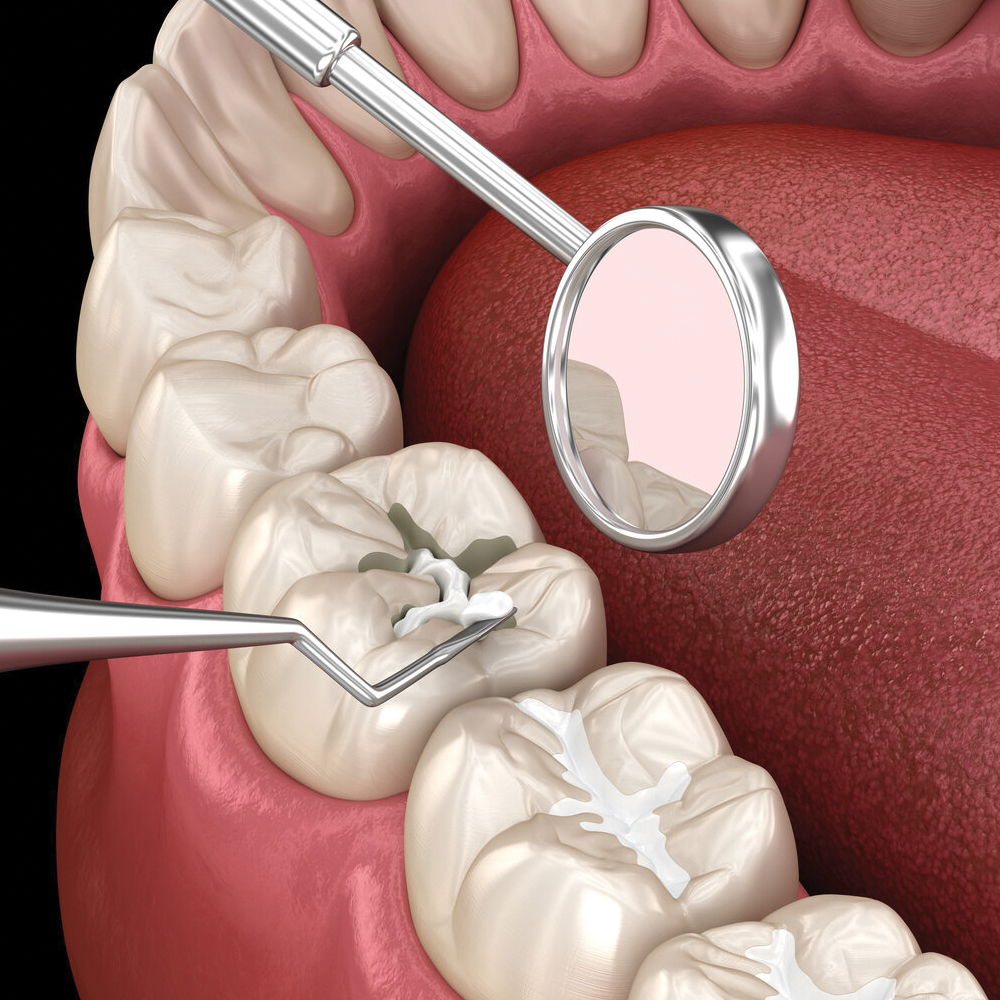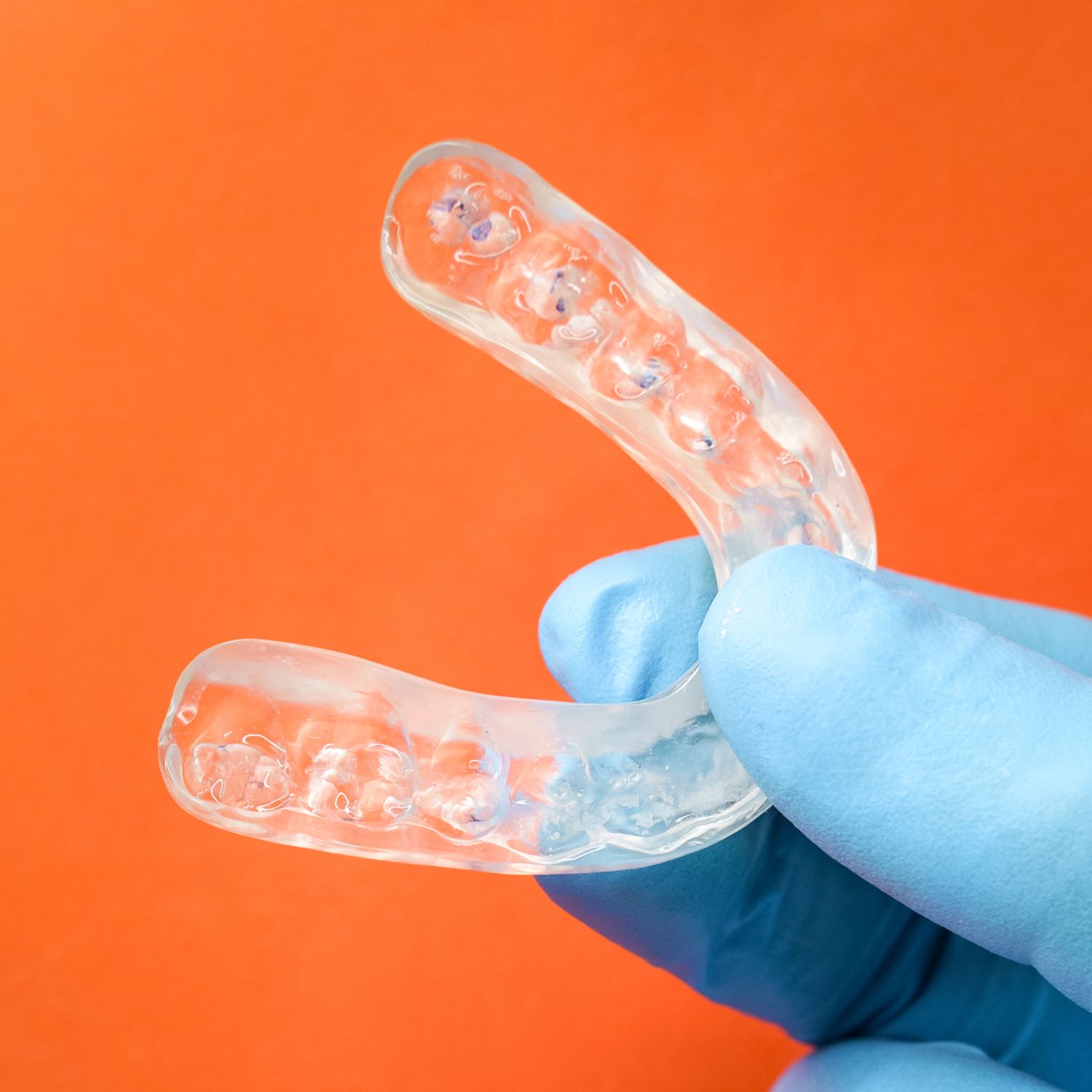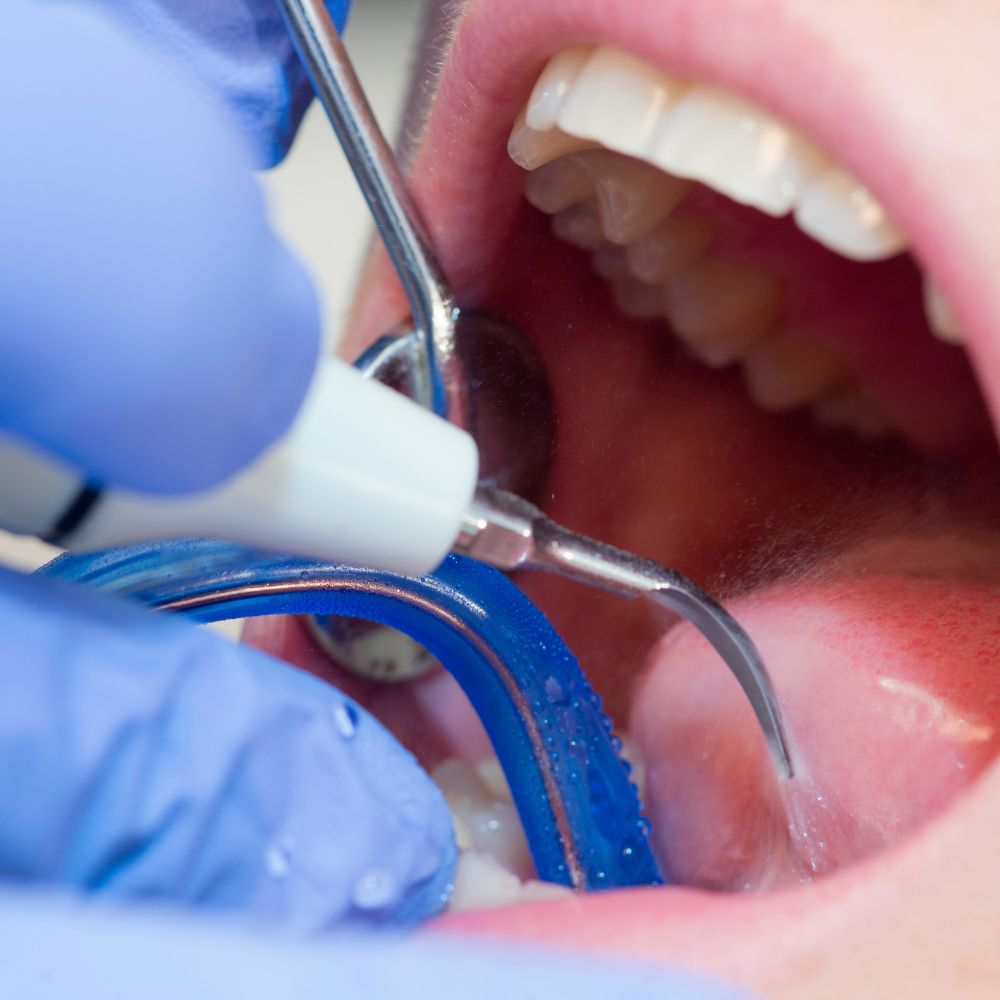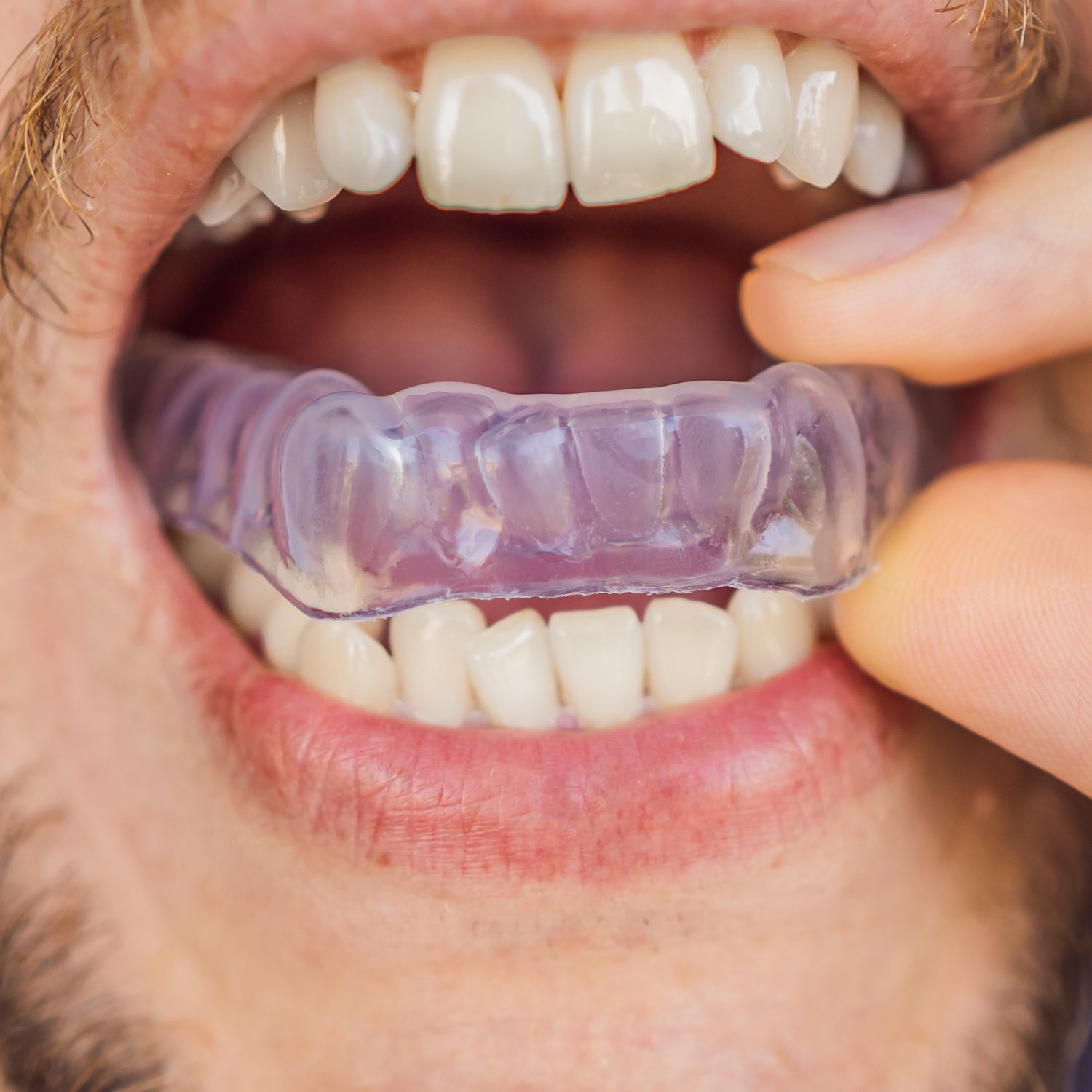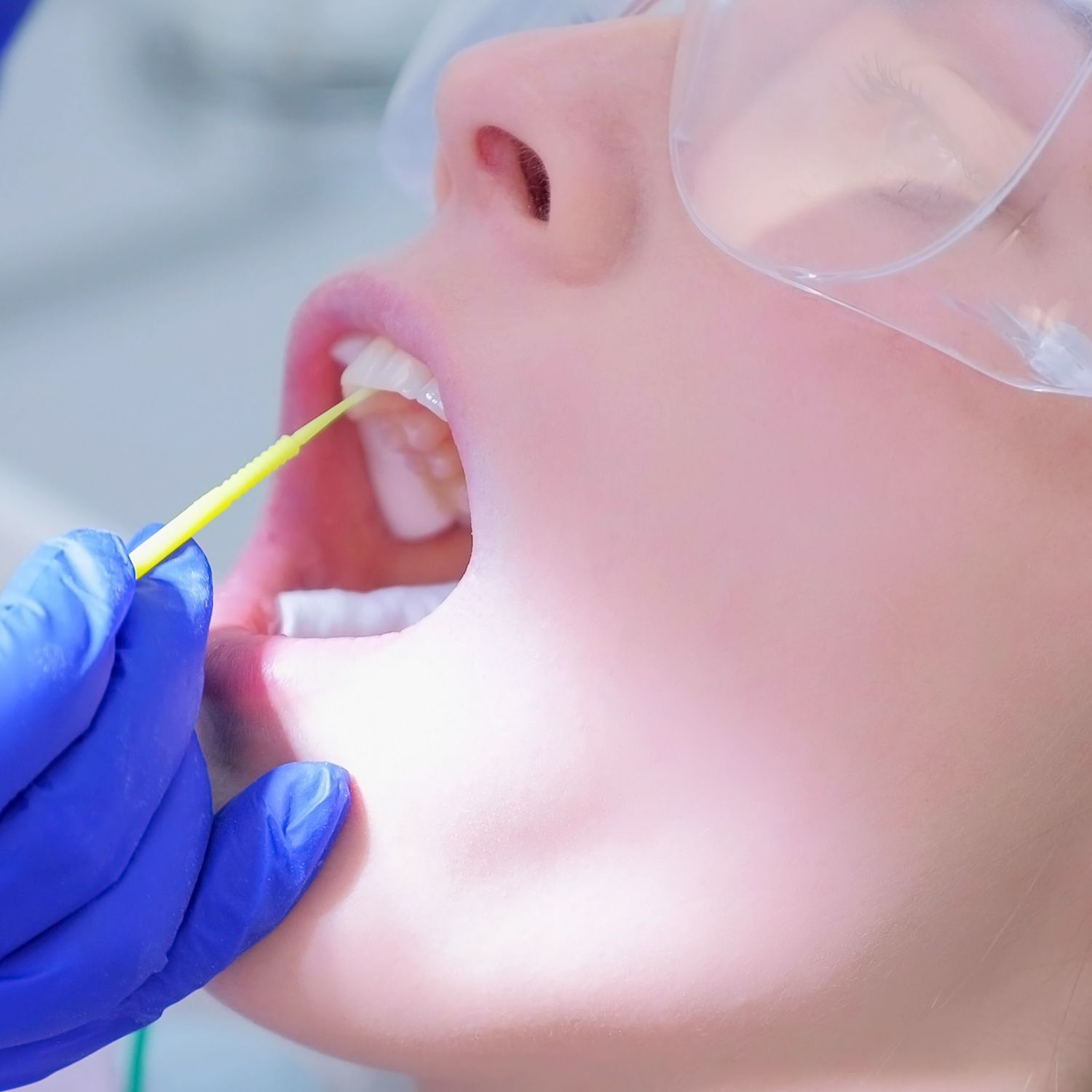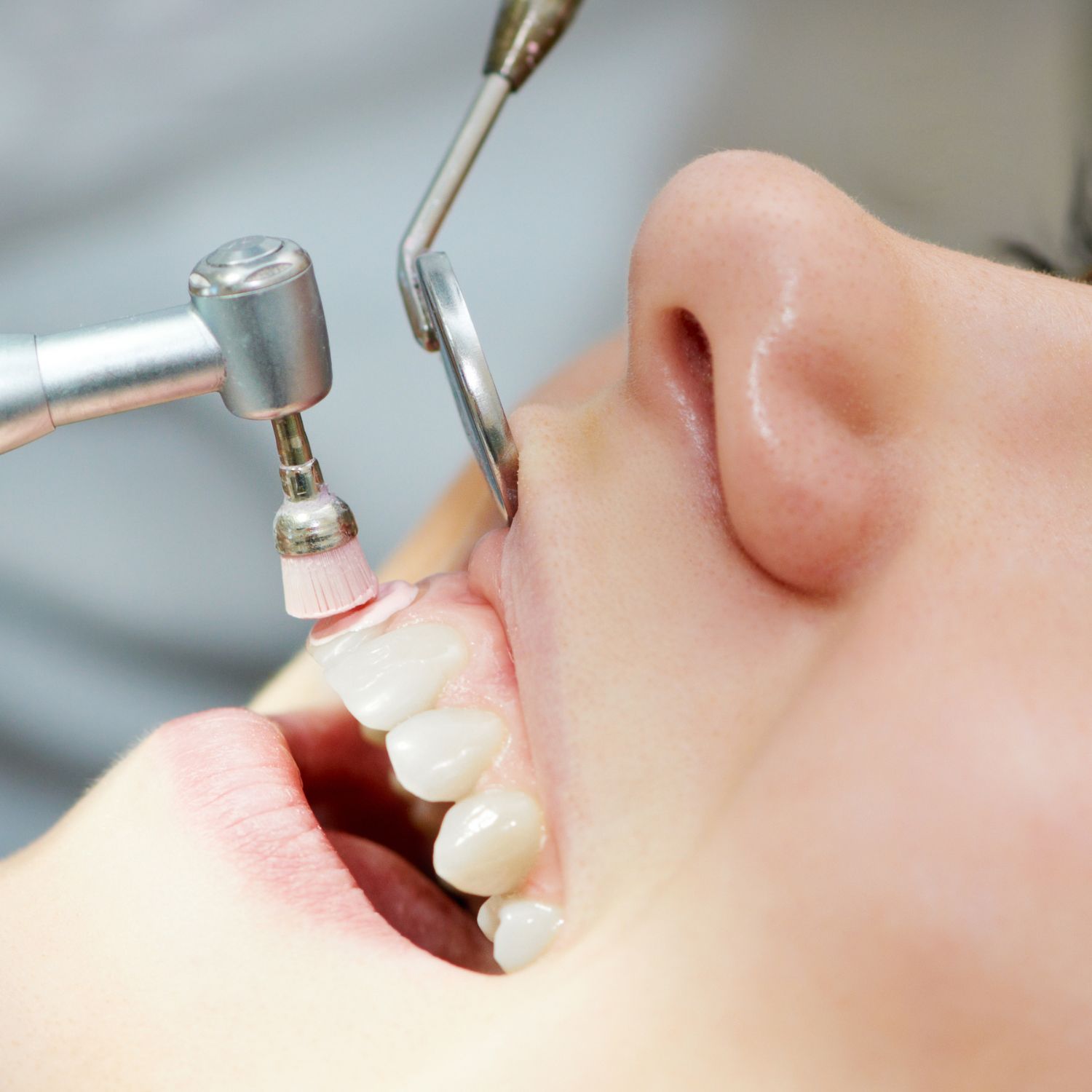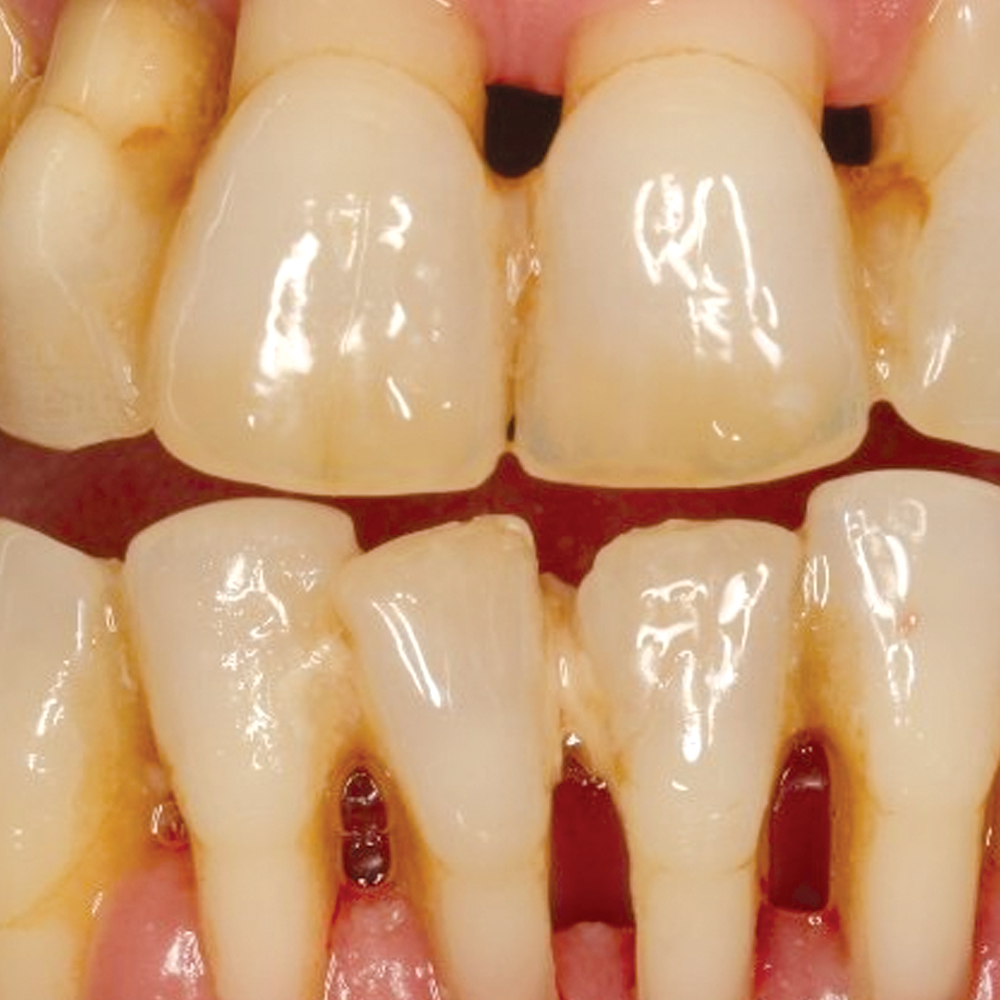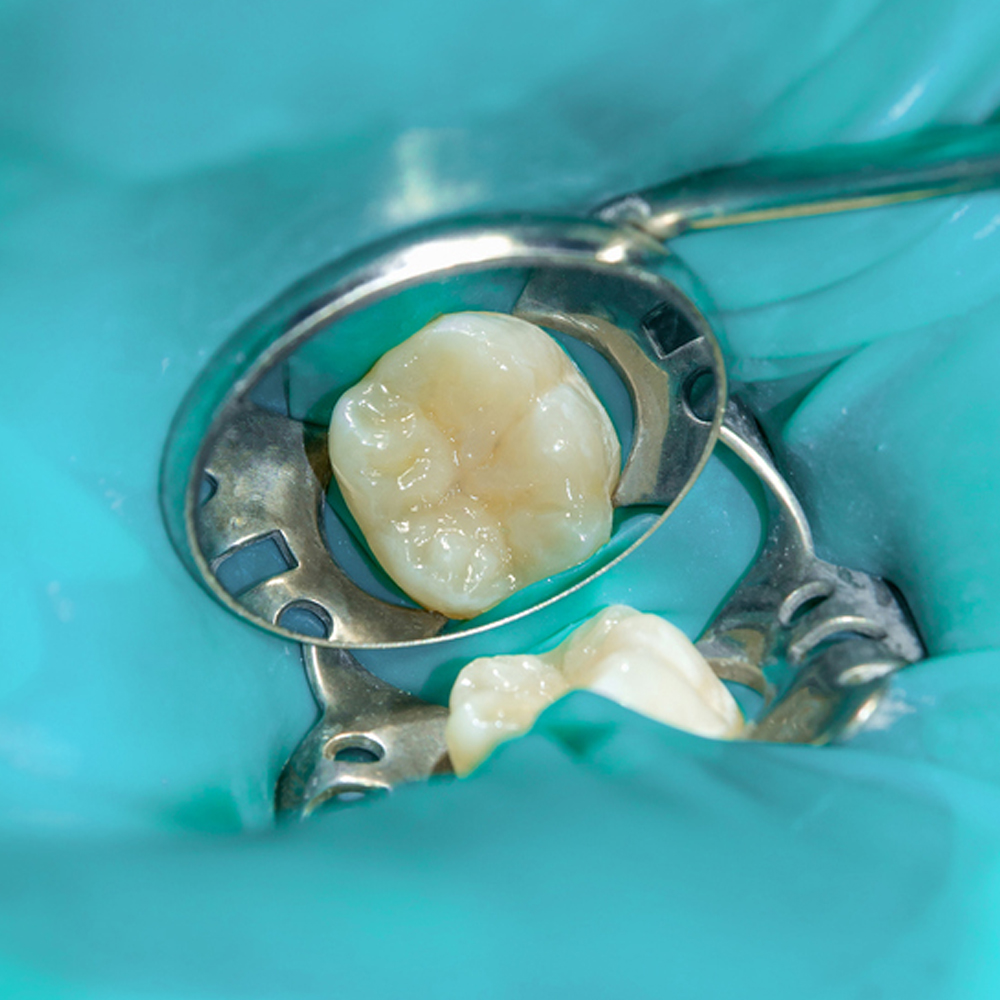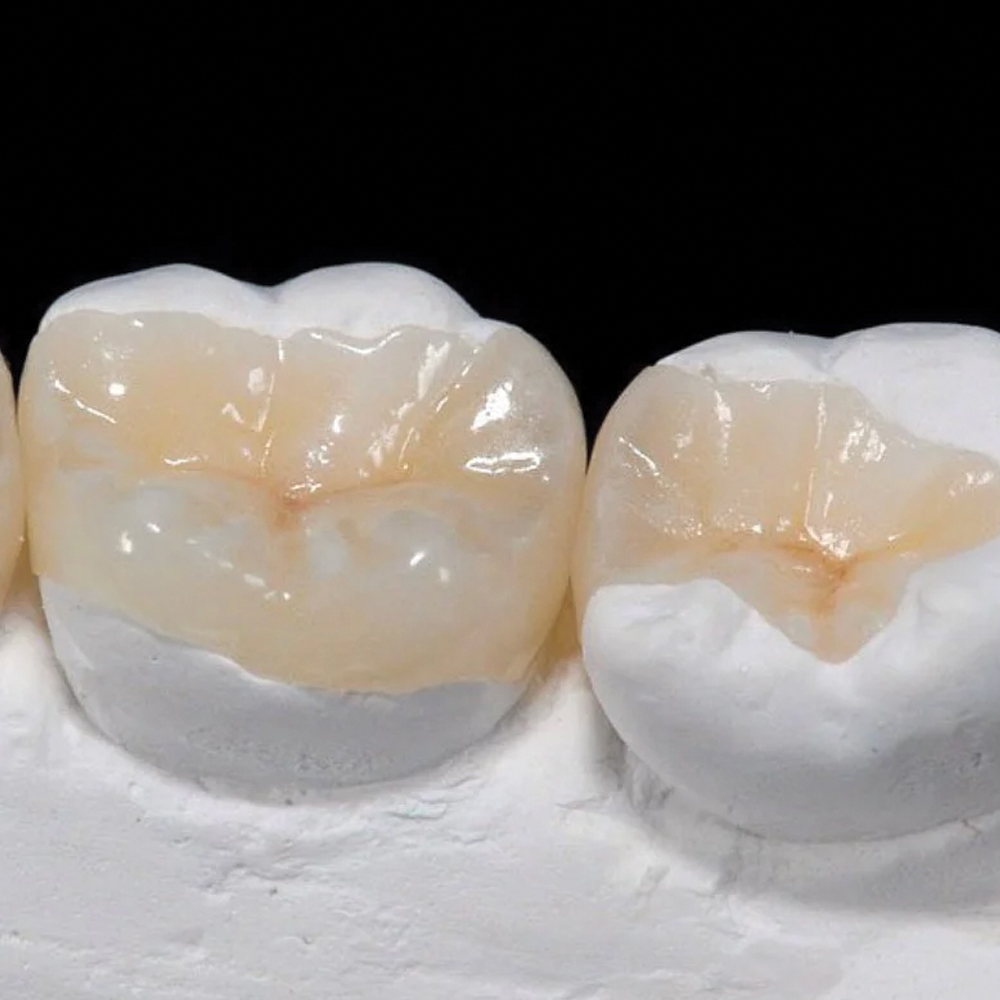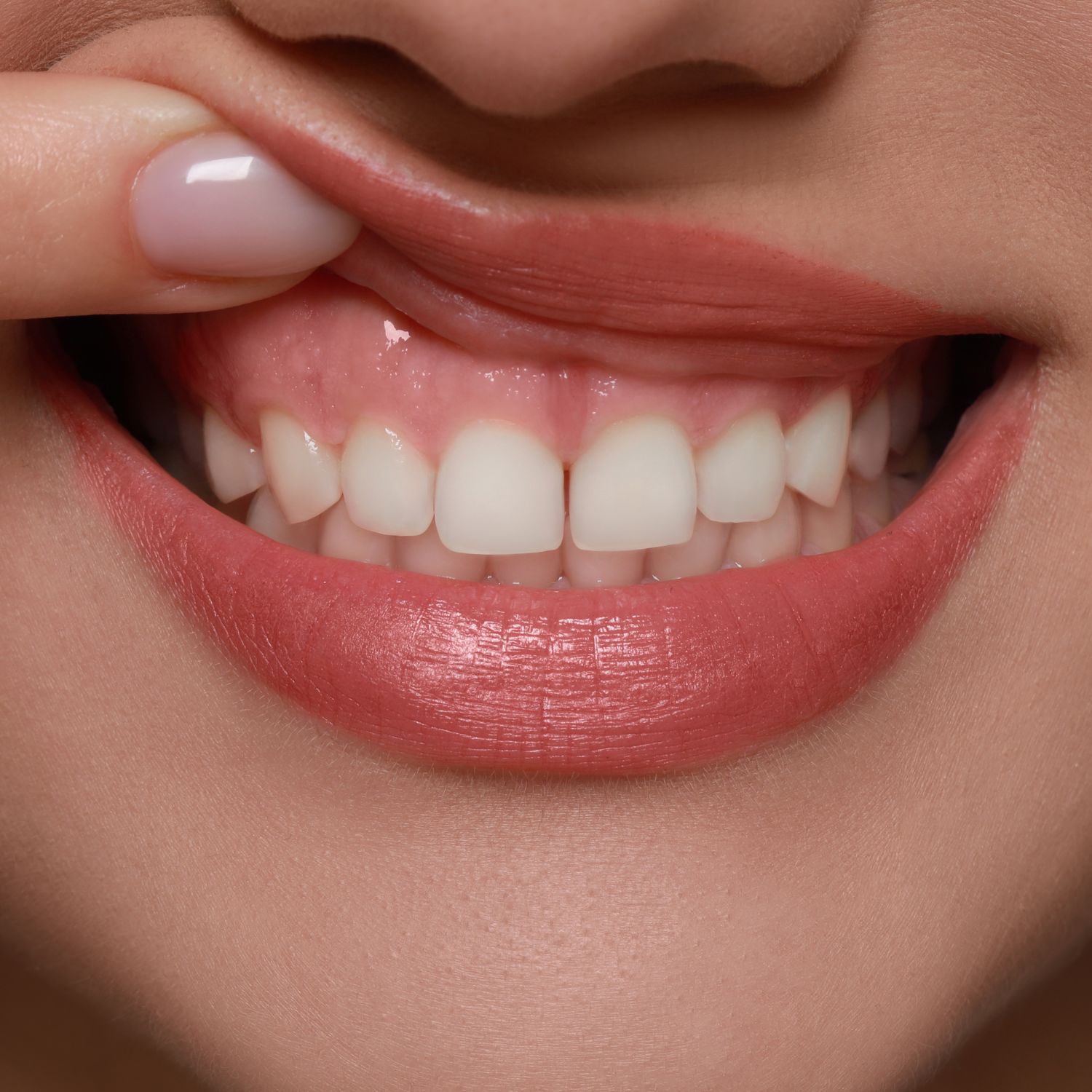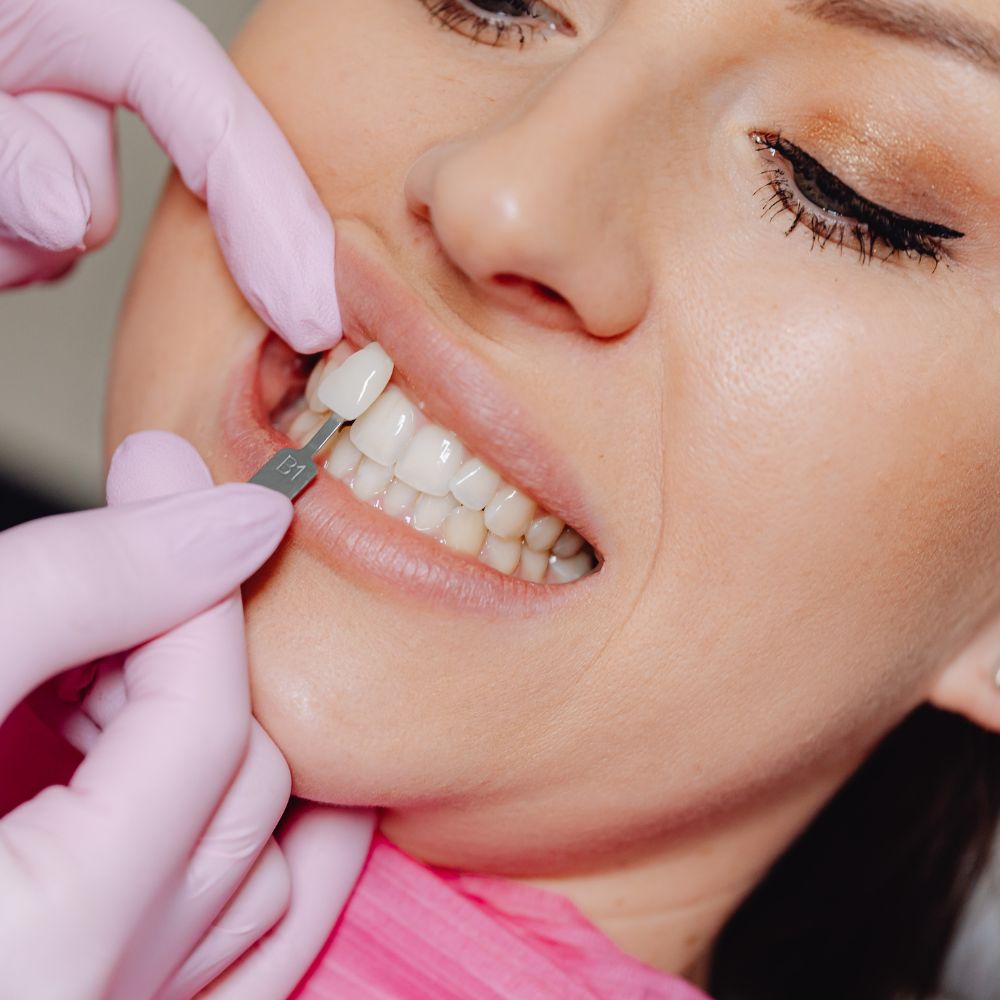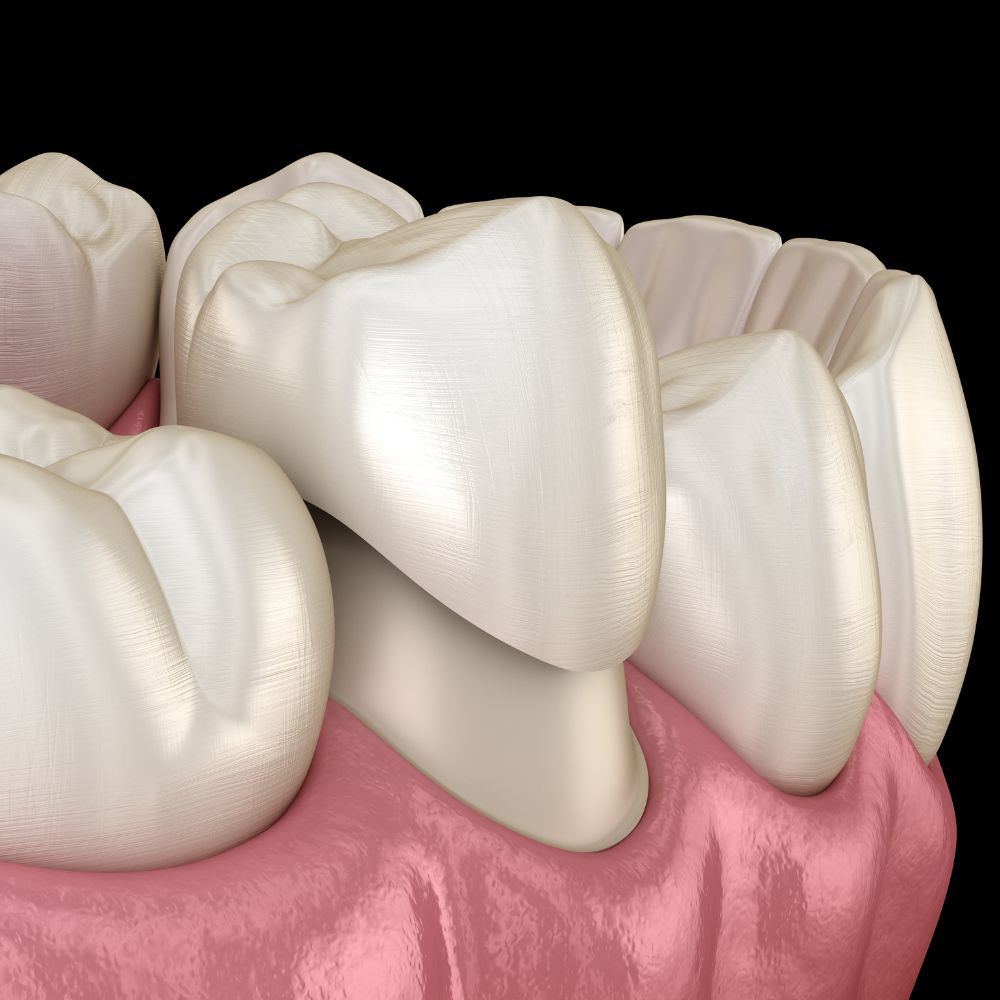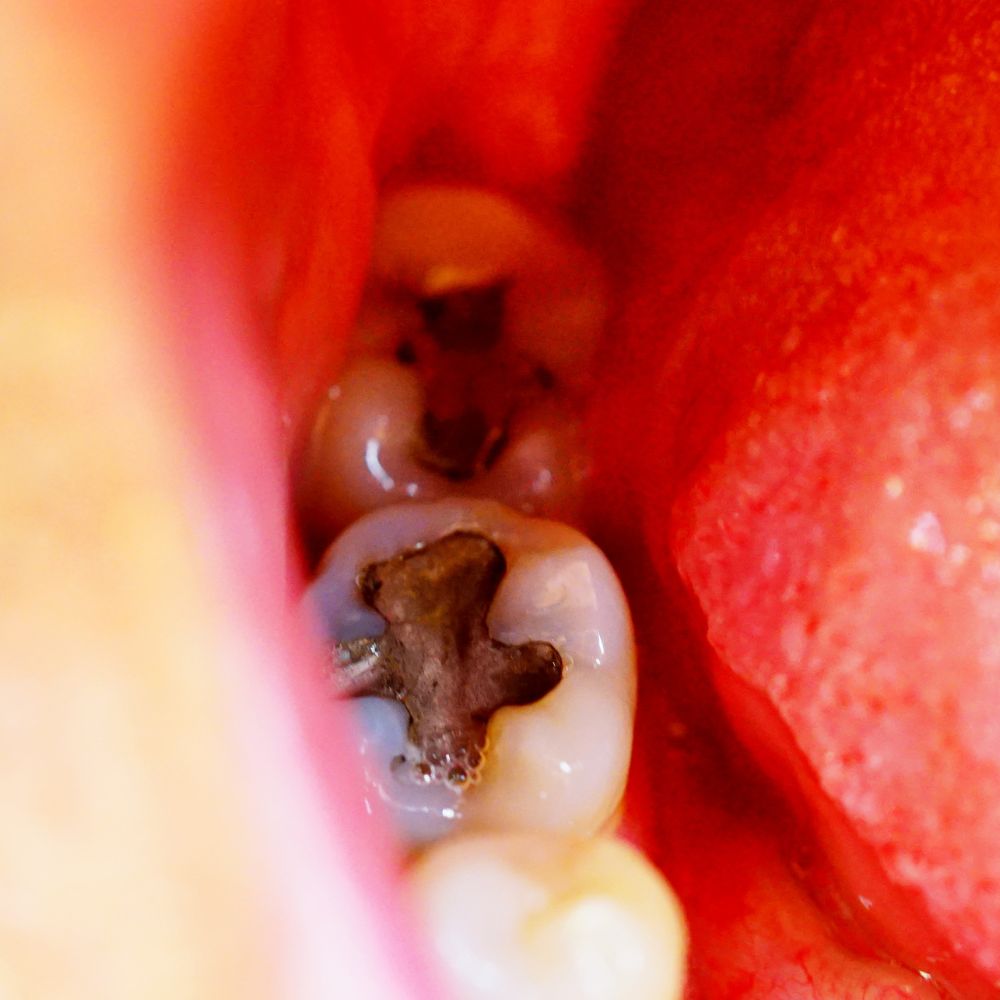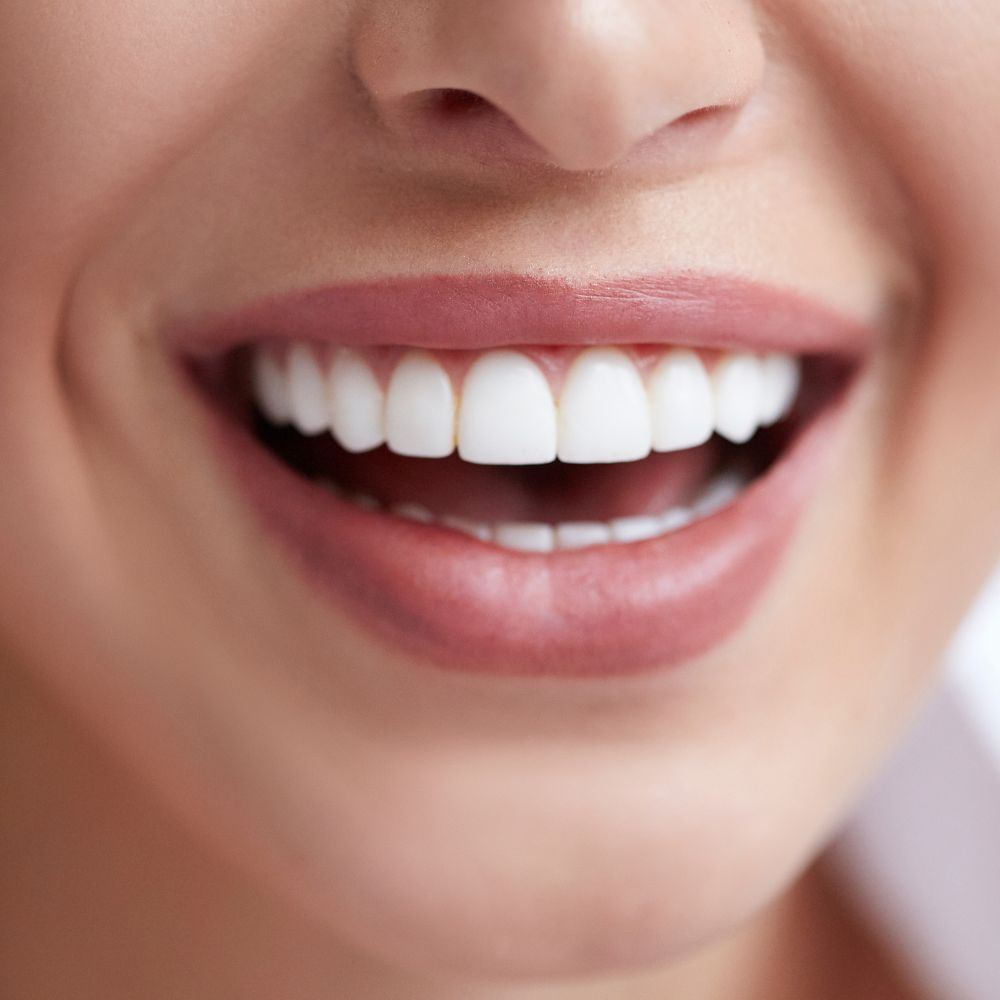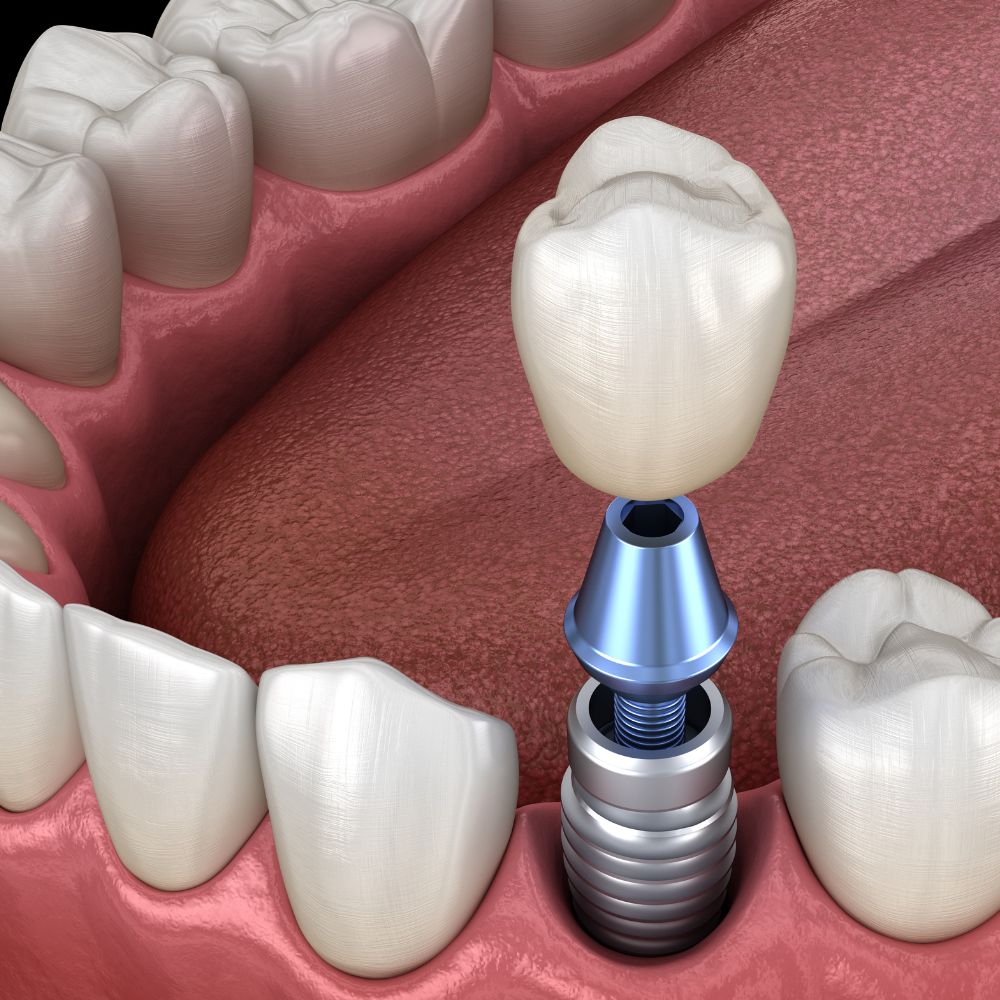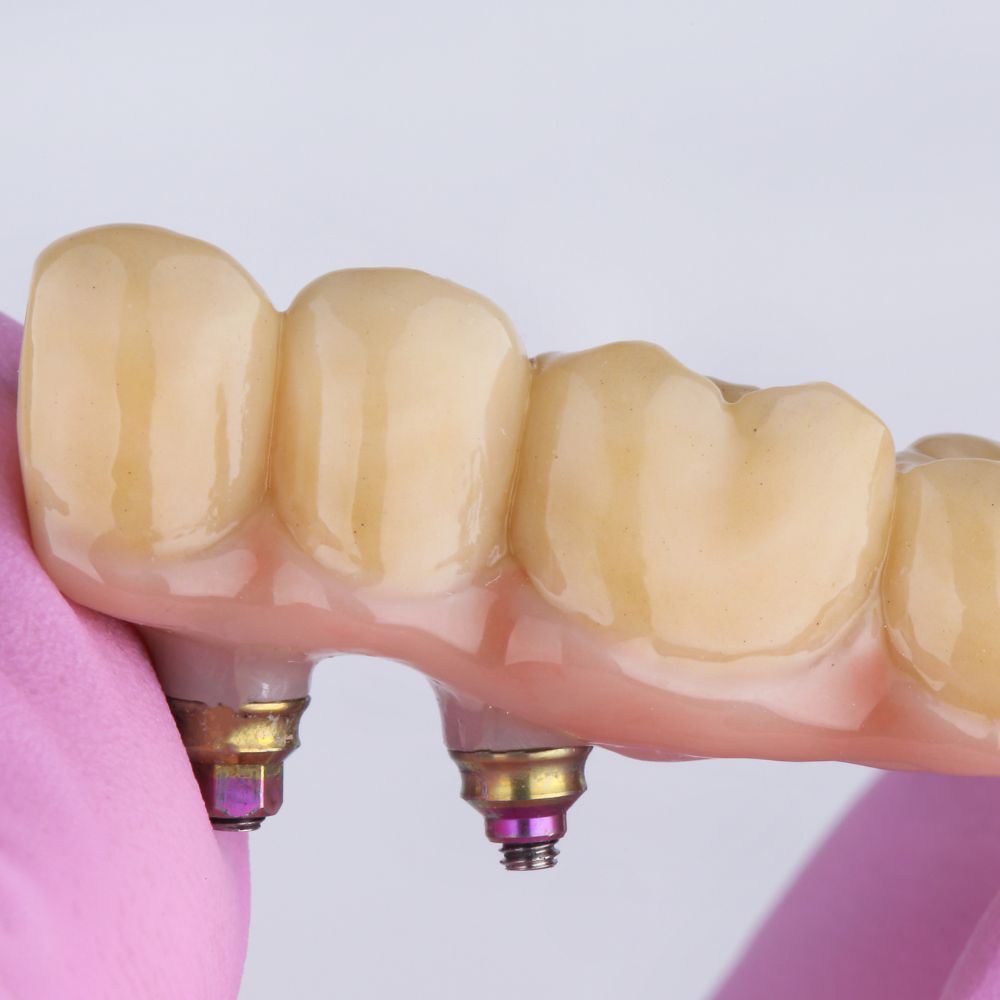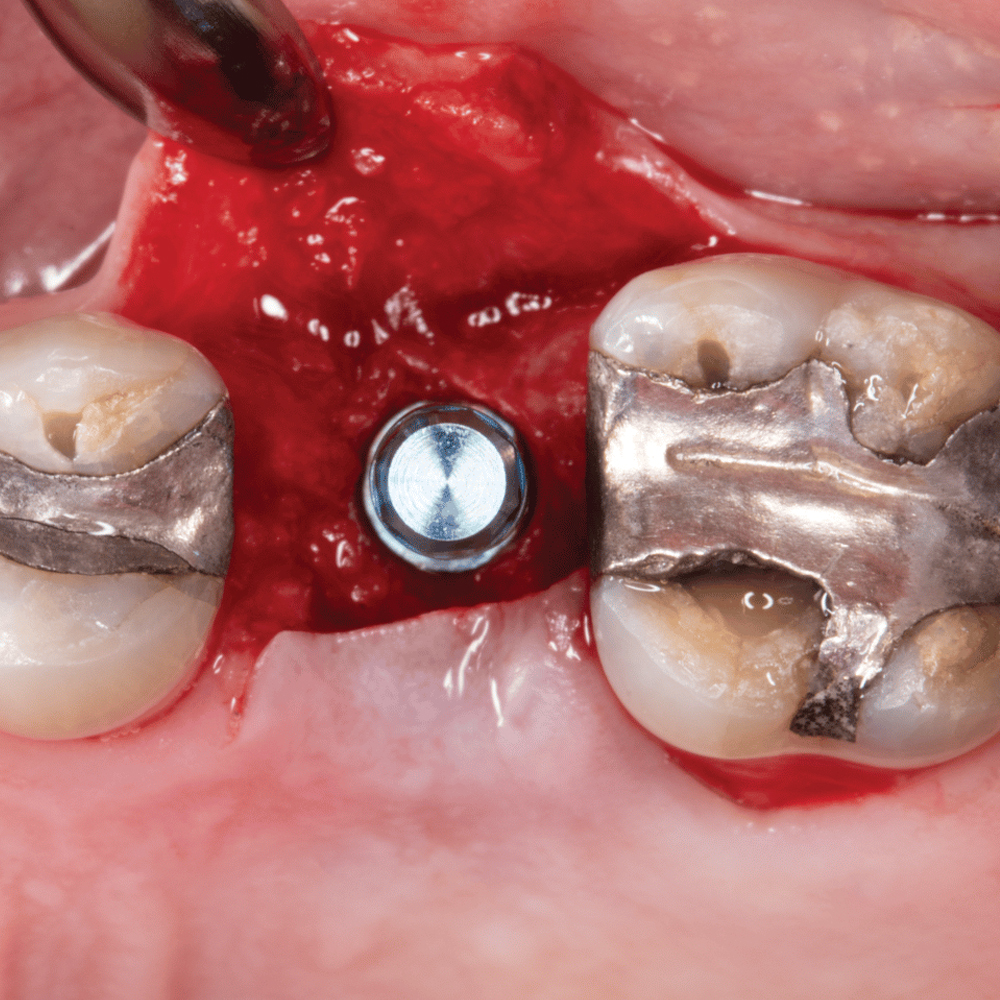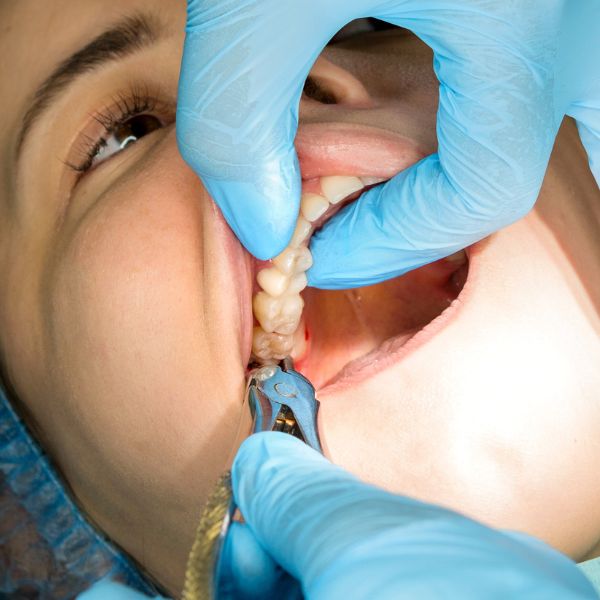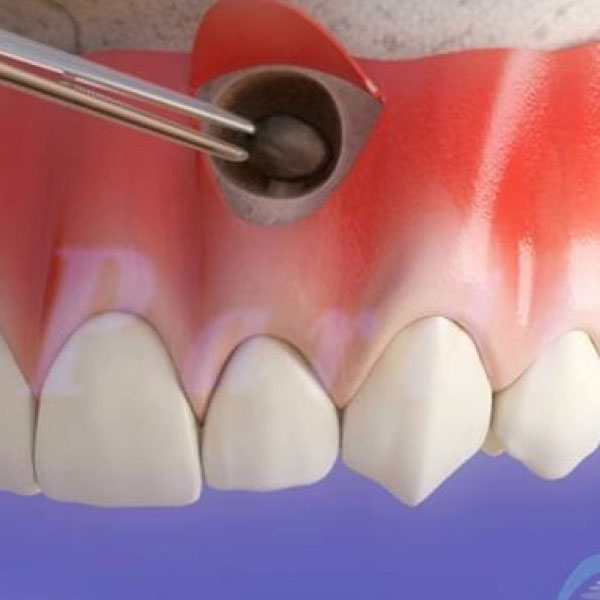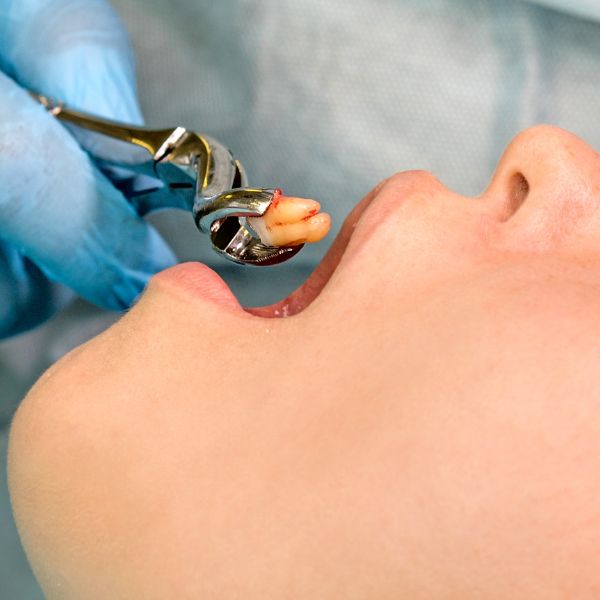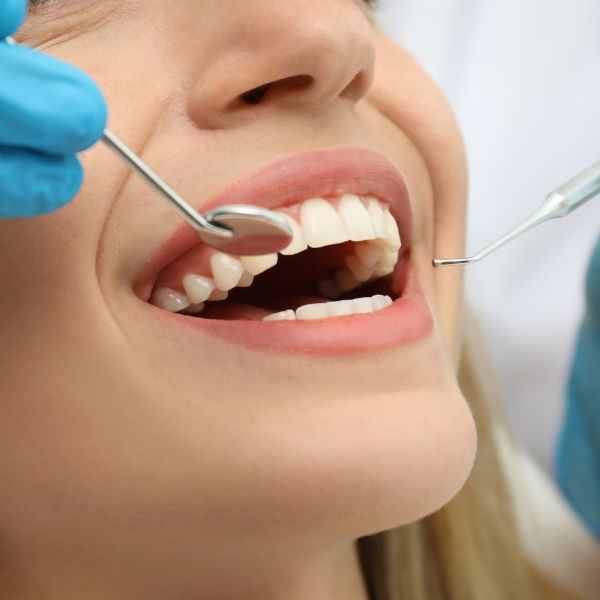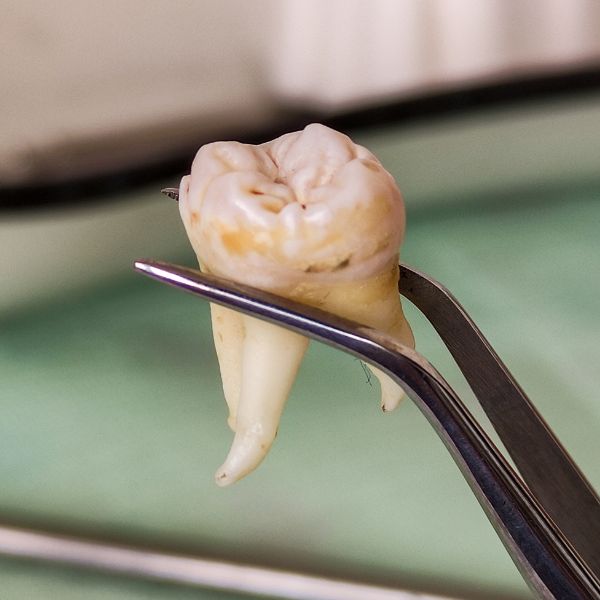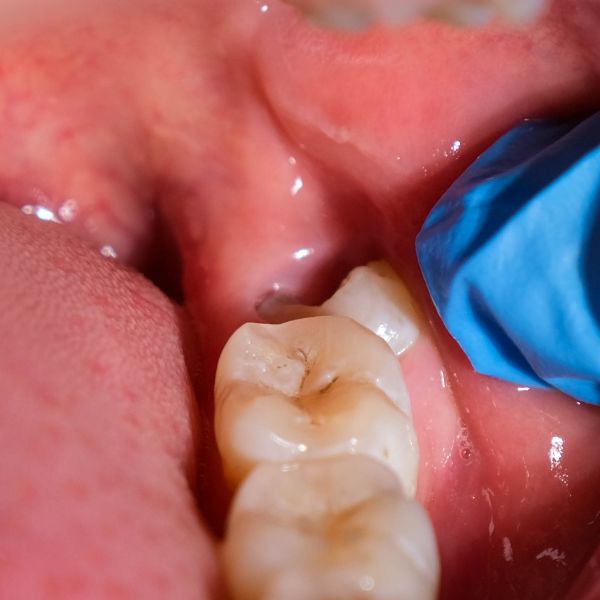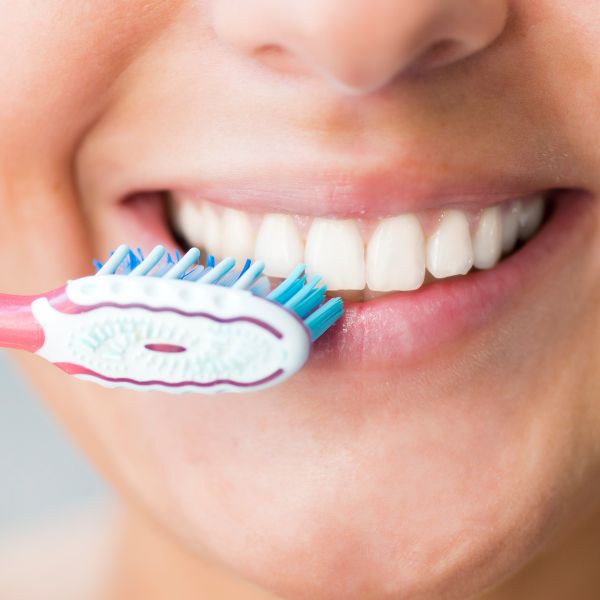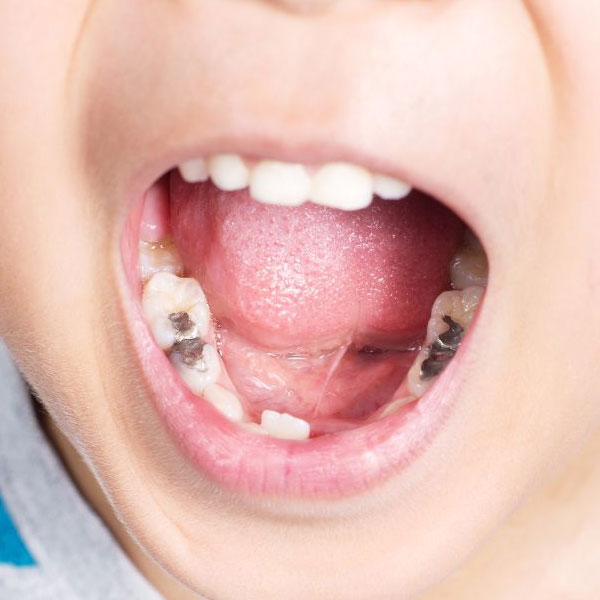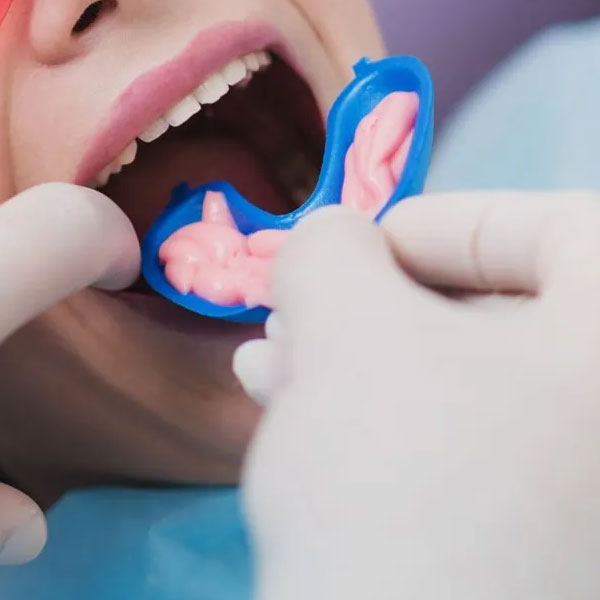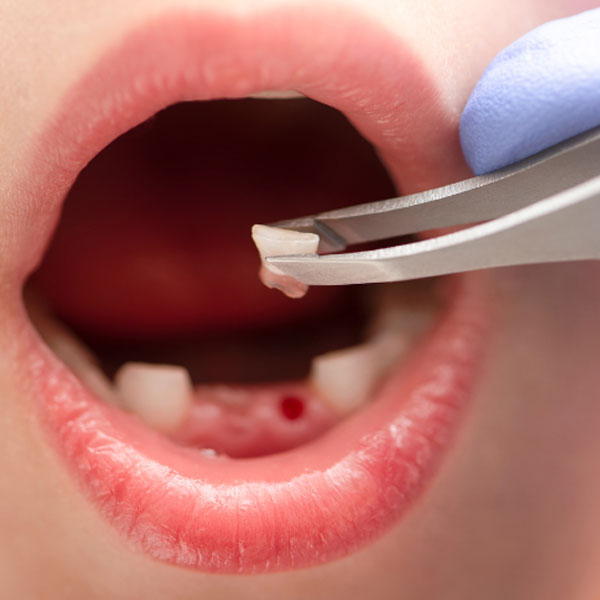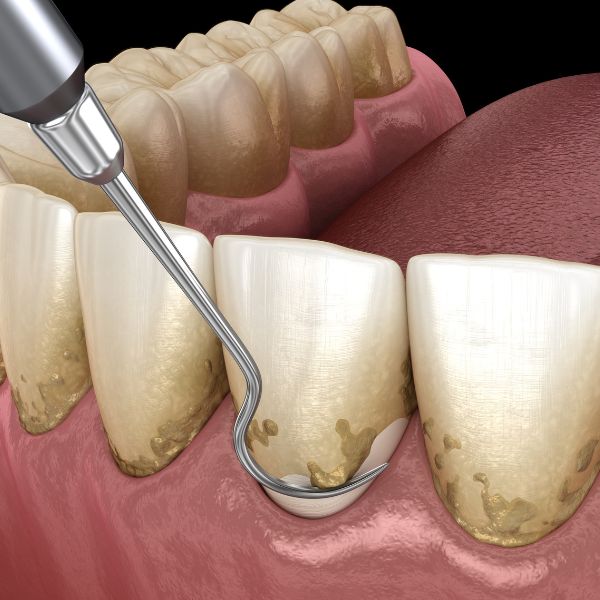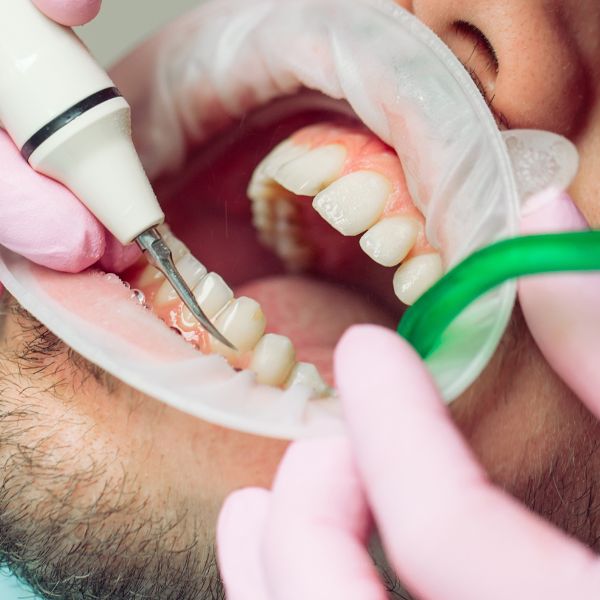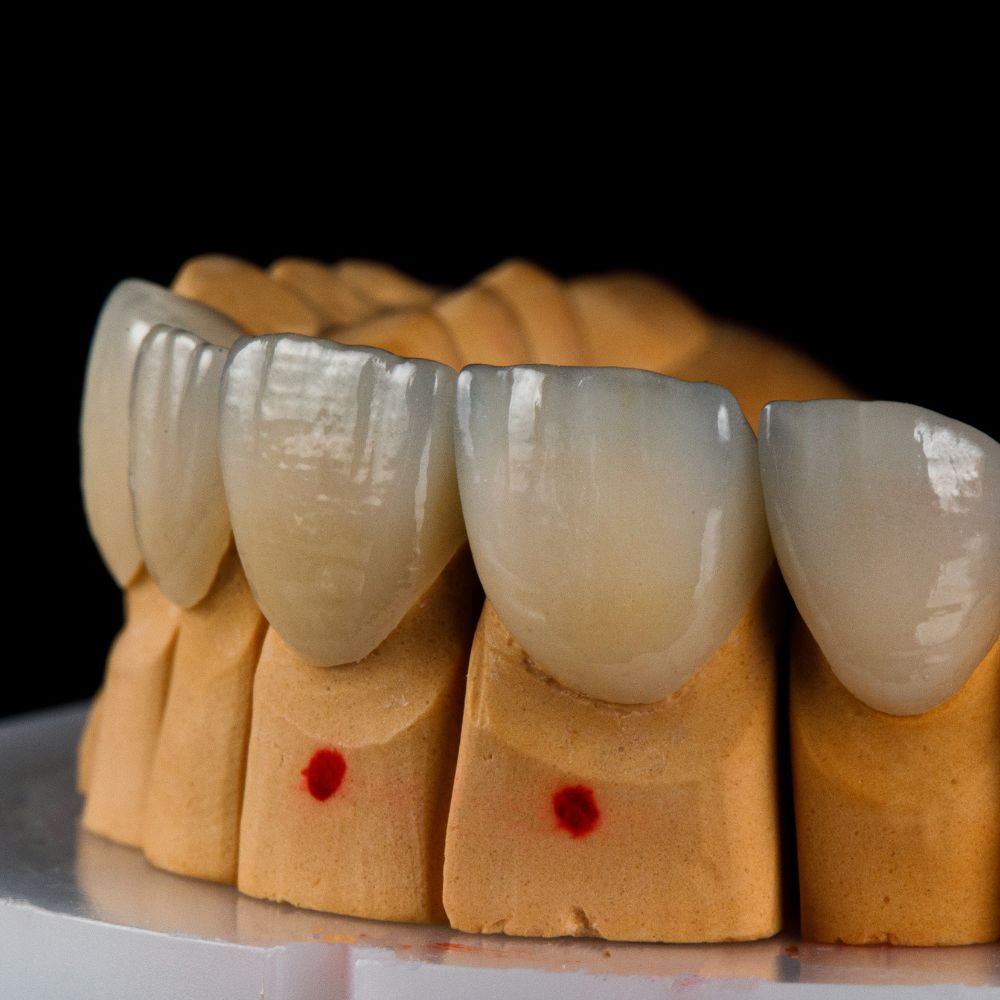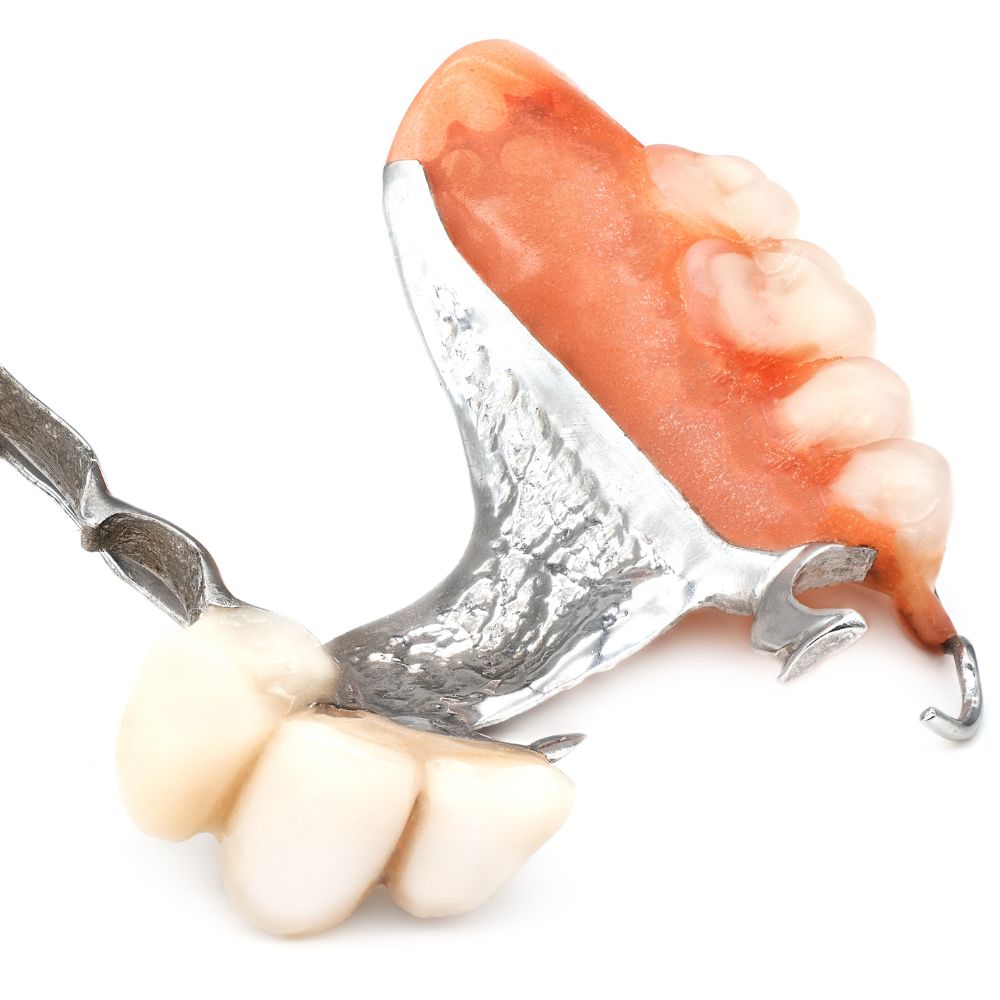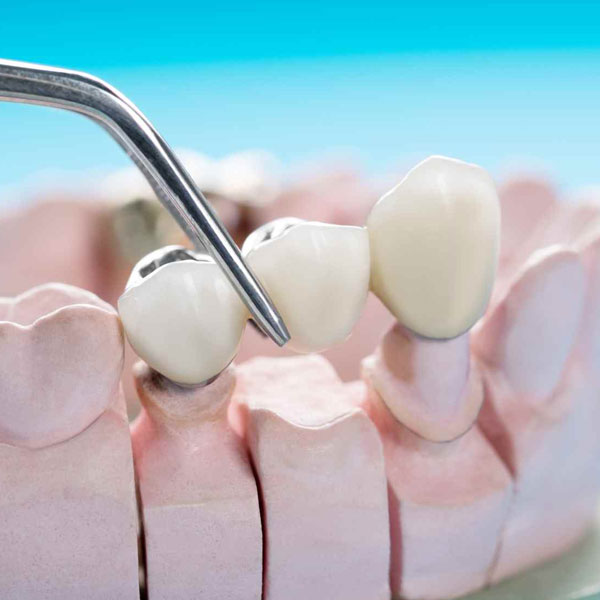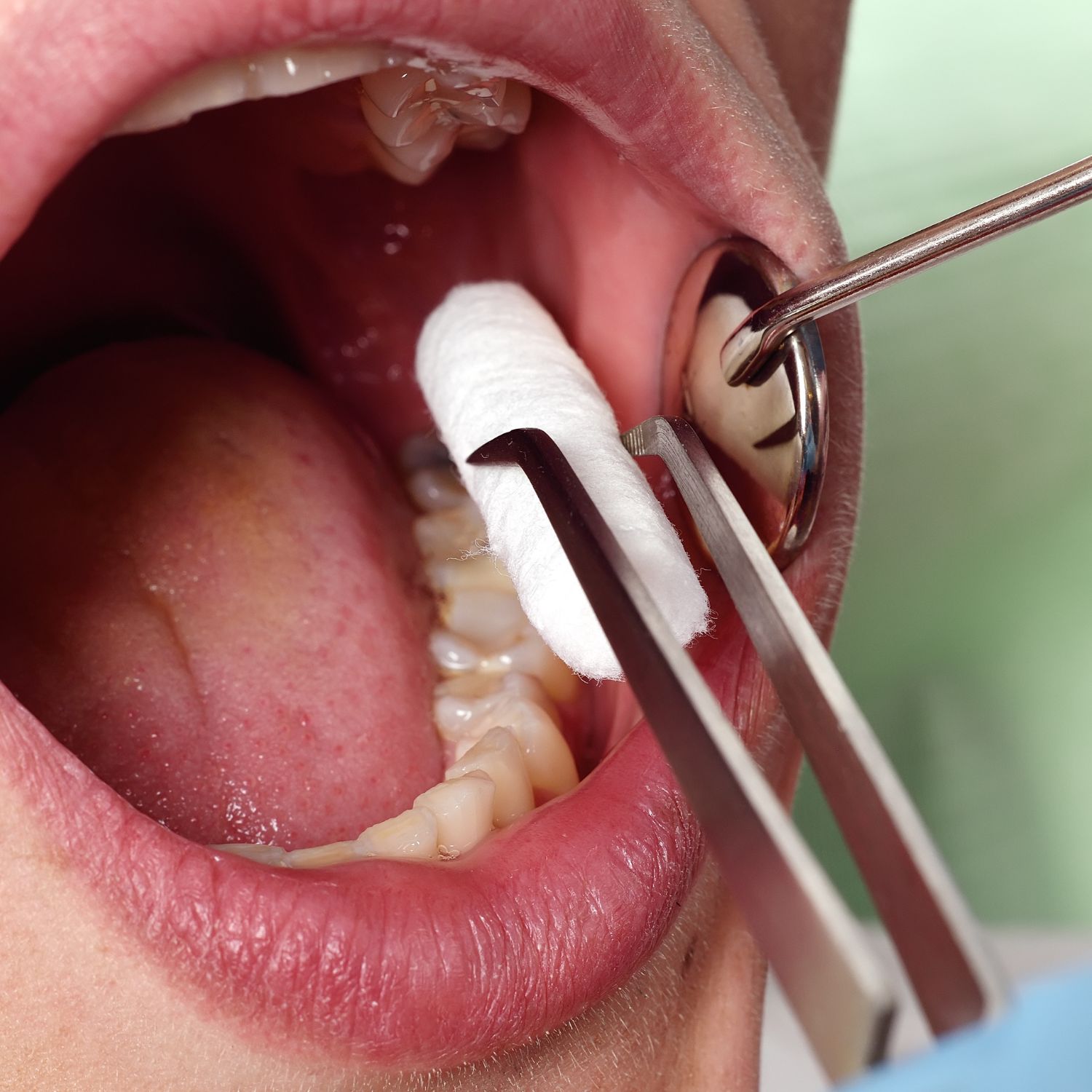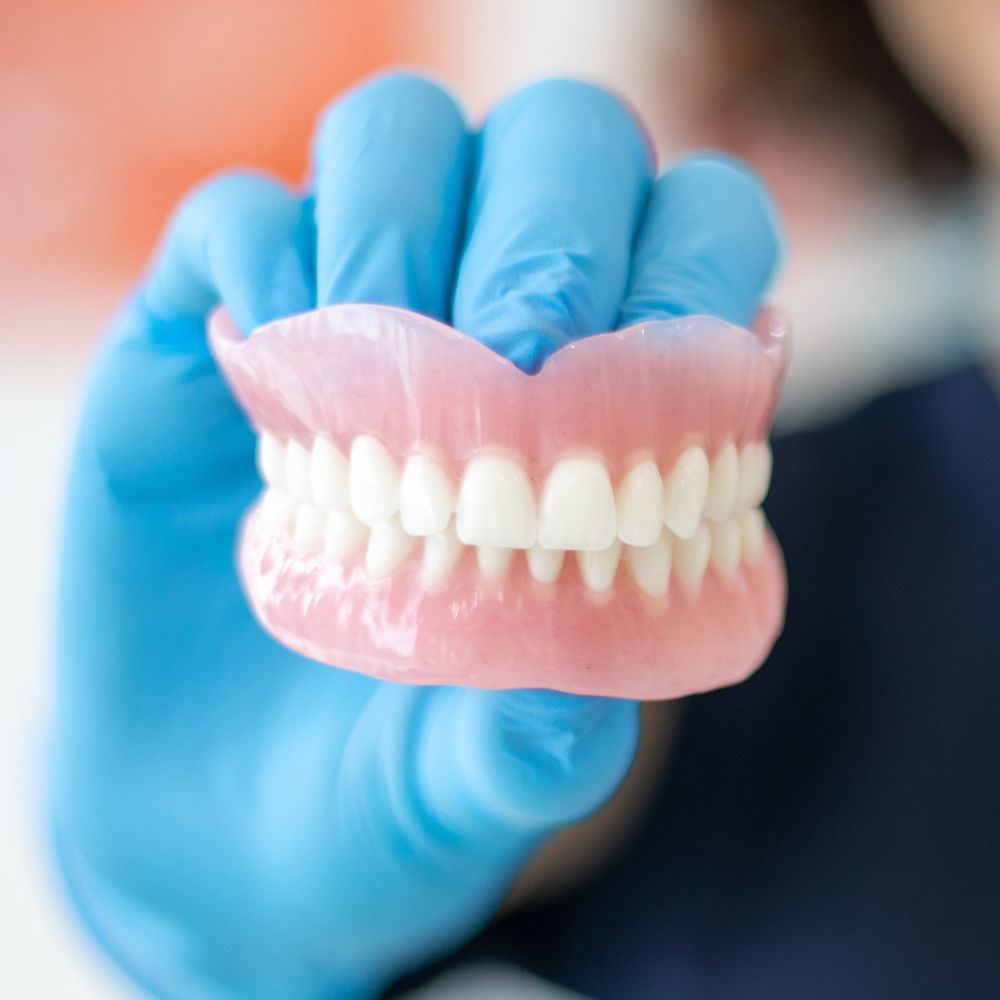Teeth whitening
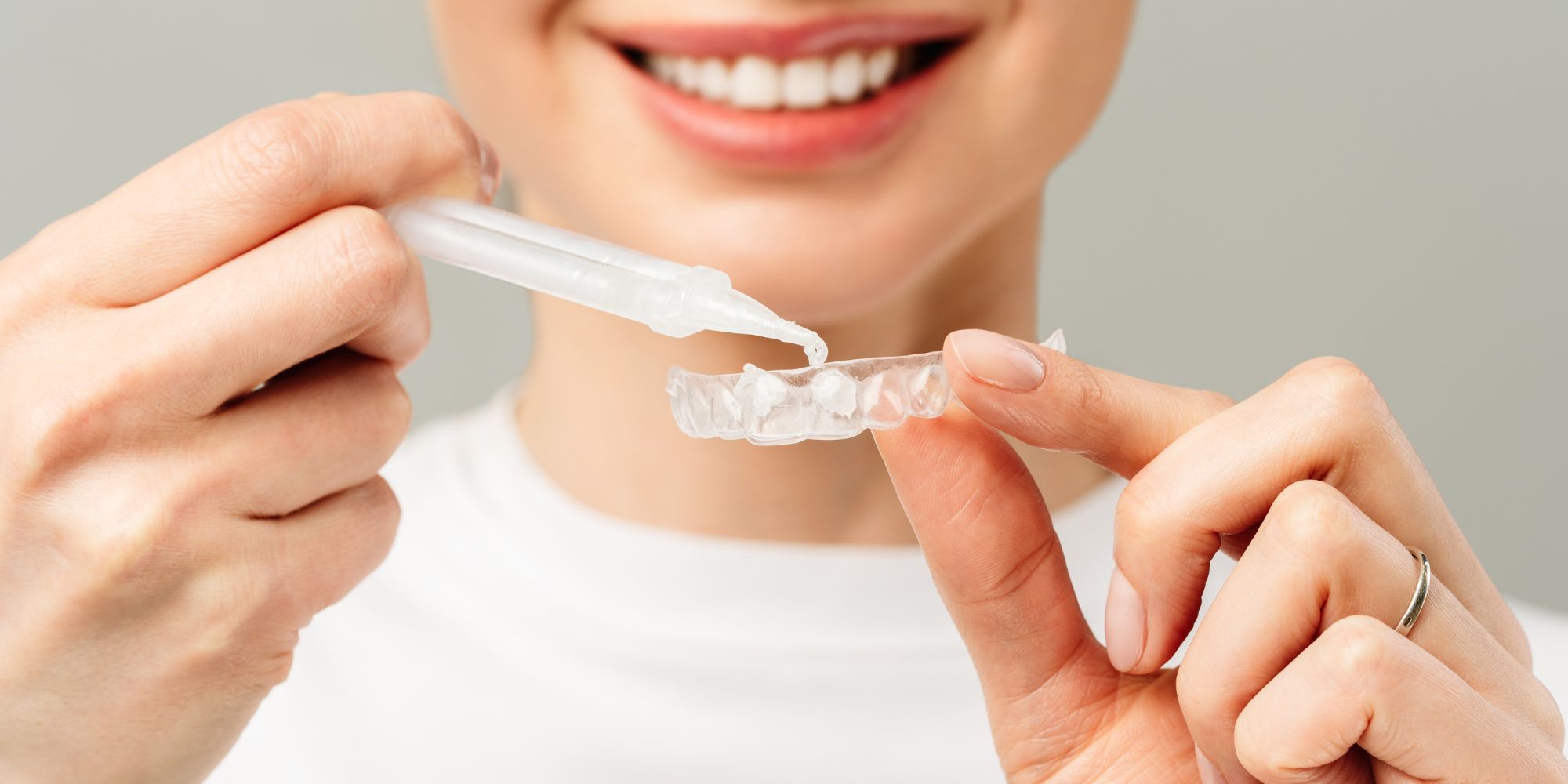
Teeth whitening
When it comes to achieving a brighter, more confident smile, teeth whitening is a popular choice for many people. Over time, our teeth can become stained or discolored due to various factors, including age, diet, lifestyle choices, and oral hygiene habits. Teeth whitening is an aesthetic procedure that aims to restore the natural color of our teeth and improve their overall appearance.
Understanding the causes of tooth discoloration
To fully understand teeth whitening, it is important to understand the underlying causes of tooth discoloration. There are two main types of tooth stains: extrinsic and intrinsic. Extrinsic stains appear on the surface of the teeth and are often caused by external factors such as food, drink, smoke and poor oral hygiene. Intrinsic stains, on the other hand, are found within the tooth structure and can be the result of factors such as aging, trauma, certain medications, or excessive fluoride intake.
It is also worth noting that tooth color varies from person to person. Some people are naturally brighter and whiter teeth, while others may have a slightly more yellowish or grayish shade. Additionally, as we age, our teeth tend to darken naturally due to the gradual thinning of the enamel, which exposes the dentin underneath.
Benefits of teeth whitening
Teeth whitening offers many advantages over home treatments. First of all, it provides superior results. Dentists use professional grade whitening agents that are stronger than those available over the counter. This means that teeth can be whitened several shades in a single visit to the dentist, whereas it can take weeks or even months with home treatments.
Another advantage of professional teeth whitening is customization. Dentists can tailor treatment to your own needs. They can assess your current tooth shade and determine the ideal level of whitening to achieve the desired results. Additionally, they can address any existing dental issues, such as tooth sensitivity or gum problems, to ensure a safe and comfortable experience.
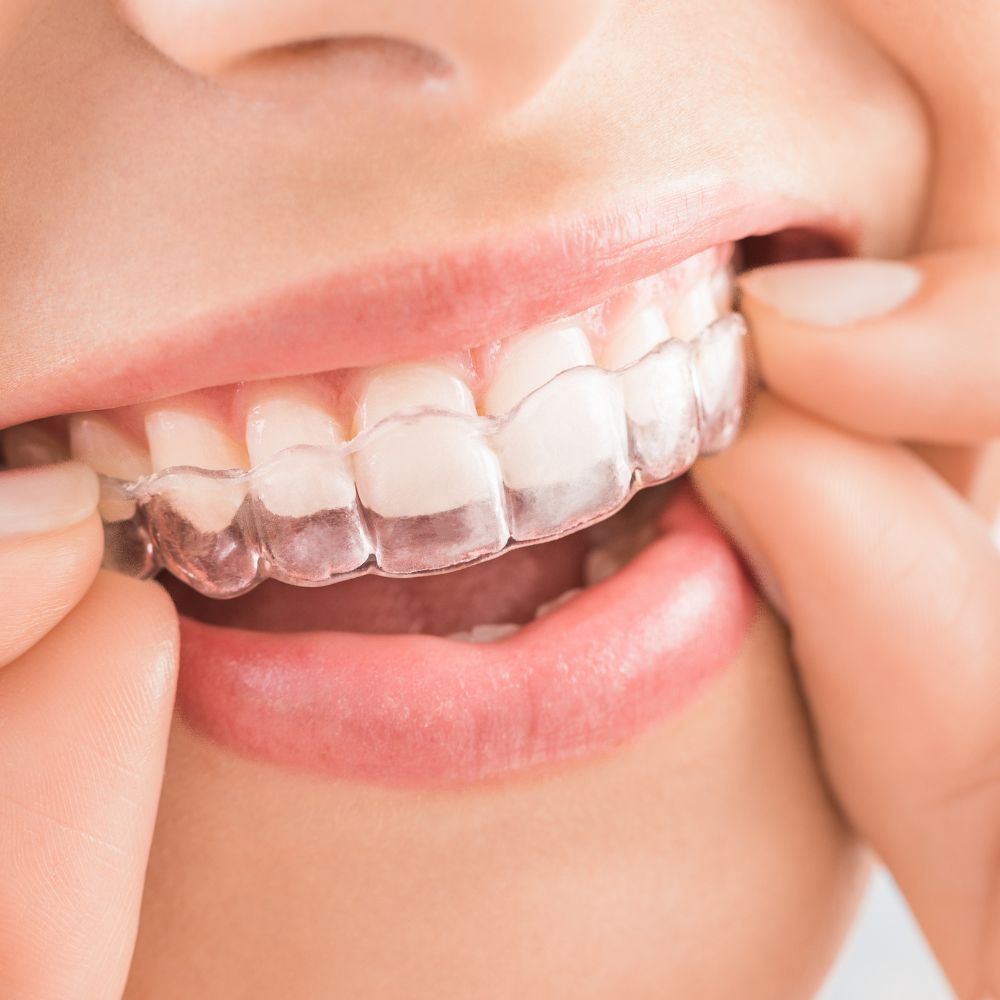
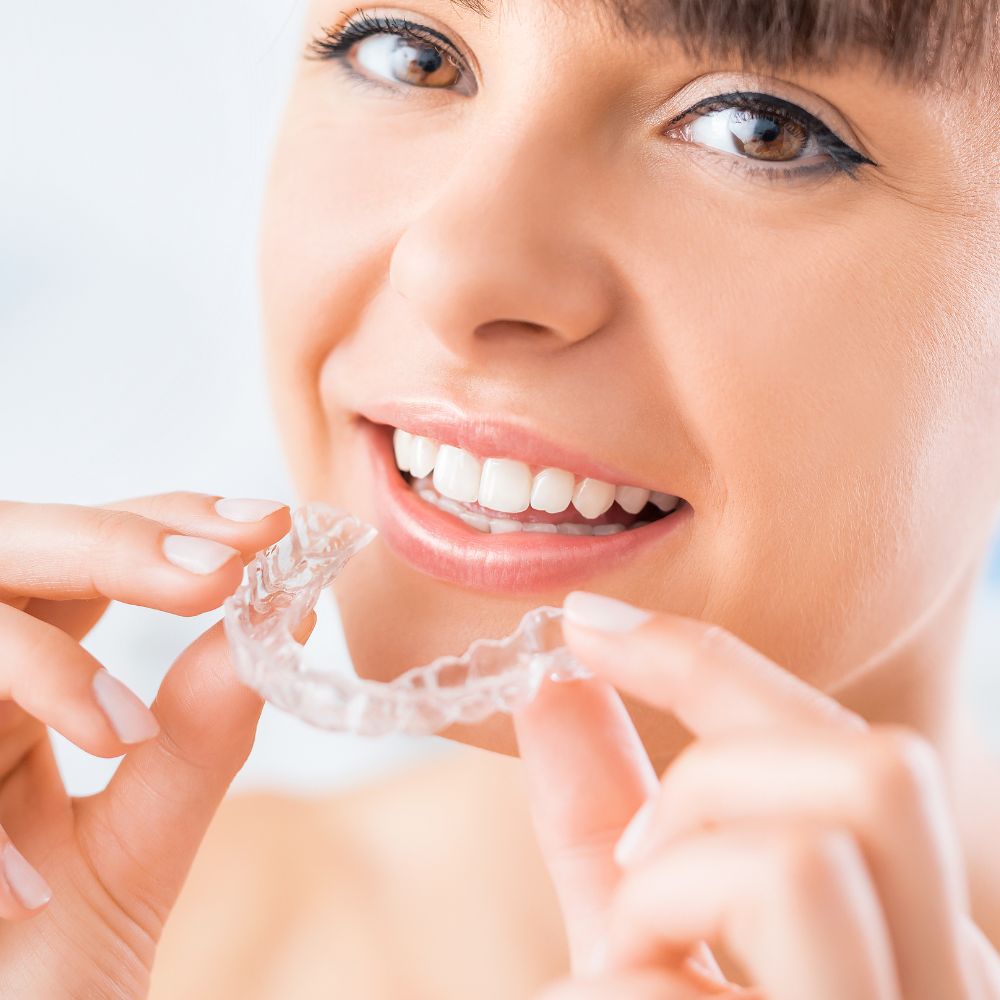
How does teeth whitening by a dentist work?
Teeth whitening usually involves a two-step process. The first step is a thorough dental exam to ensure your teeth and gums are healthy and suitable for whitening. Any underlying dental problems, such as cavities or gum disease, should be addressed before proceeding with whitening treatment.
Once you have been deemed suitable for teeth whitening, the actual process can begin. The dentist will apply a barrier or gel to protect your gums from the whitening agent. A professional grade whitening gel will then be applied to your teeth. Depending on the specific whitening system used, the dentist can activate the gel with a special light or laser.
The whitening gel works by breaking down the stains on your teeth, revealing a brighter and whiter smile. The procedure usually takes about 30 to 60 minutes, and multiple sessions may be required for optimal results. Your dentist will monitor progress and adjust treatment accordingly to ensure the desired result is achieved.
Professional teeth whitening vs. Whitening kit at home
When it comes to teeth whitening, you have two main options: professional teeth whitening or at-home whitening kits. Professional teeth whitening is usually performed by a dentist. It involves the use of highly concentrated bleaching agents and specialized equipment to achieve optimal results. On the other hand, home whitening kits are available at the drugstore and can be used in the comfort of your own home. These kits usually contain a lower concentration of whitening agents and come with trays or strips that are applied directly to the teeth.
Request an appointment
Faq Teeth Whitening
Is teeth whitening safe?
A common concern people have about teeth whitening is its safety. However, when performed by a qualified dentist, teeth whitening is a safe procedure. Dentists are trained professionals who have the knowledge and experience to carry out treatment effectively and without causing damage to your teeth or gums.
What to expect during a teeth whitening appointment?
If you decide to undergo professional teeth whitening, it's helpful to know what to expect during your appointment. The first step will involve a consultation with your dentist, where they will assess your oral health and discuss your teeth whitening goals. He may also take pictures or make impressions of your teeth to monitor progress.
Once you are ready for treatment, your dentist will prepare your mouth by placing a protective barrier or gel on your gums to prevent any contact with the whitening agent. The whitening gel will then be applied to your teeth and left on for a certain amount of time, depending on the product used and the desired level of whitening.
During the whitening process, you may experience some sensitivity or mild discomfort, but this is generally temporary and should subside soon after treatment. Your dentist will closely monitor your comfort level and make the necessary adjustments to ensure your safety and well-being.
After your whitening session, your dentist can give you specific instructions on how to care for your teeth after treatment. This may include avoiding certain foods and drinks that can stain your teeth, practicing good oral hygiene, and using numbing agents if necessary.
Why should someone get teeth whitening?
Teeth whitening offers many benefits beyond a brighter smile. First of all, it can boost your confidence and improve your overall appearance. A white, bright smile can make you feel more attractive and increase your self-esteem in social and professional settings. In addition, teeth whitening can help reverse the effects of aging as it can make you look younger and more vibrant. In addition to the aesthetic benefits, teeth whitening can also improve your oral health. By removing surface stains and deep-seated discolorations, you can improve the cleanliness of your teeth and reduce the risk of dental problems such as tooth decay and gum disease.
What are the causes of tooth discoloration?
Tooth discoloration can occur for a variety of reasons. A common cause is the consumption of dark-colored foods and beverages, such as coffee, tea, red wine, and berries. These substances contain pigments that can stain your tooth enamel over time. Smoking is another major contributor to tooth discoloration, as the chemicals in tobacco can leave unsightly stains. In addition, poor oral hygiene, certain medications and the natural aging process can also lead to tooth discoloration. Understanding the causes of tooth discoloration can help you make informed decisions about teeth whitening and preventative measures.
Is teeth whitening suitable for children:
A common misconception is that teeth whitening is a purely cosmetic procedure with no health benefits. While it is true that teeth whitening mainly focuses on improving the appearance of teeth, it can also have positive psychological effects on children, boosting their self-esteem and confidence.
Another myth is that natural remedies such as lemon juice or baking soda are safe alternatives for teeth whitening in children. However, these home remedies can be highly acidic and abrasive, causing irreversible damage to tooth enamel. It is vital to consult a pediatric dentist before attempting any teeth whitening treatment, even those considered "natural".

